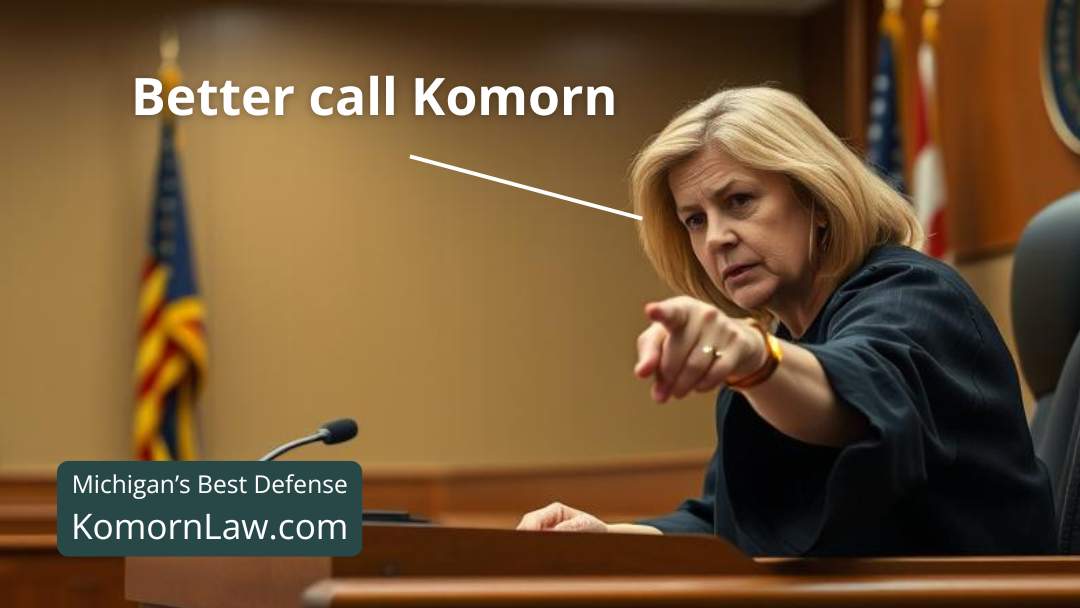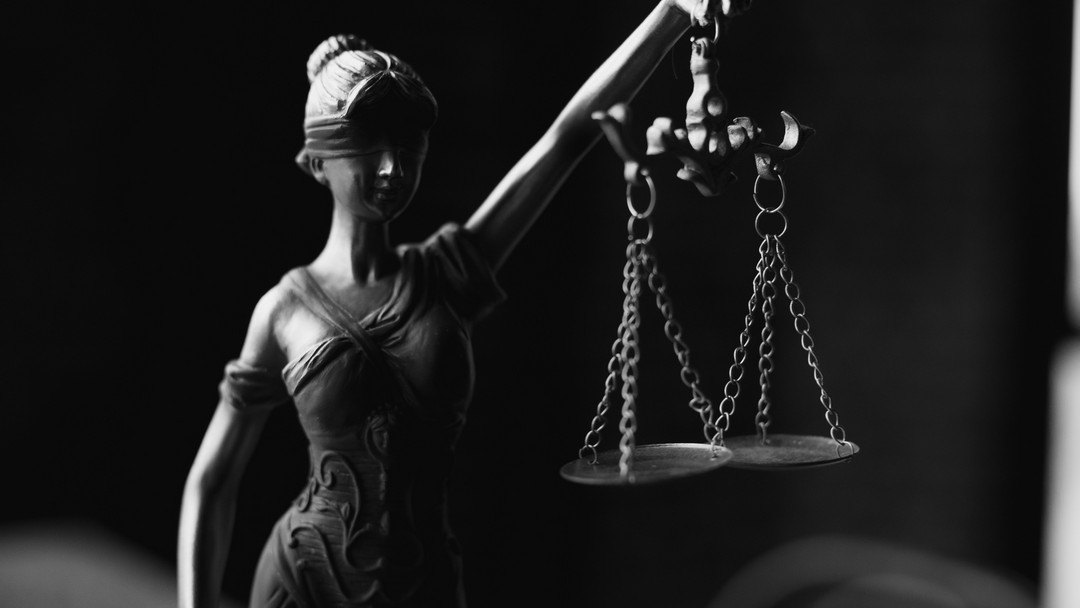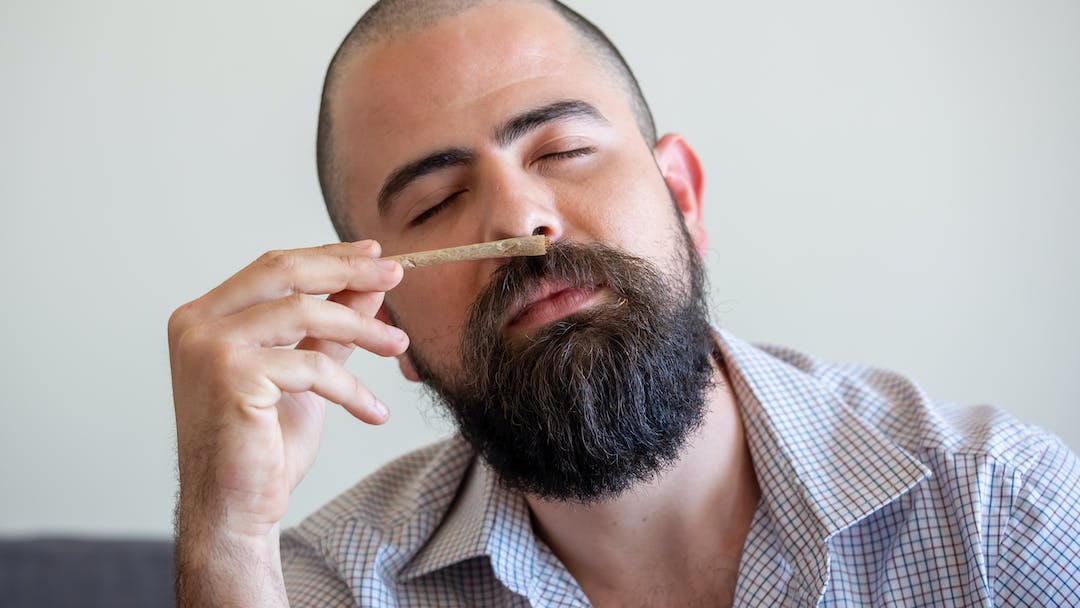The Smell of Marijuana and the Court of Appeals
Body camera footage is an invaluable resource for courts facing suppression motions, but it rarely serves as a stand-alone source of information about a warrantless search or seizure.
Here, the trial court was hamstrung in analyzing the validity of a warrantless search of defendant, Jeffery Scott Armstrong, and the subsequent seizure of a gun because the trial court was given no evidence other than body camera footage.
Despite that disadvantage, the trial court dutifully made findings of fact and ordered the suppression of the gun.
Because we conclude that the trial court’s findings of fact were not clearly erroneous and its conclusions of law were sound, we shall affirm the trial court’s suppression order.
Background
On October 8, 2020, law-enforcement officers conducting a home-compliance check in the city of Detroit came upon a Jeep Cherokee parked on the street.
They spoke to a woman who was in the driver’s seat and to Armstrong, who was sitting in the front passenger’s seat. What piqued the interest of the law-enforcement officers at first was the scent of marijuana emanating from the Jeep.
Body camera footage shows the officers approaching the vehicle, speaking with both people in the vehicle, instructing Armstrong to get out of the vehicle, and ultimately finding a gun under the front passenger’s seat.
As a result, Armstrong was charged with carrying a concealed weapon, MCL 750.227, being a felon in possession of a firearm (felon in possession), MCL 750.224f, and possession of a firearm during the commission of a felony (felony firearm), MCL 750.227b.
Aggressive Criminal Defense
Have you encountered legal issues related to DUI or lost your driving privileges in Michigan?
Call Our Office for a Free Case Evaluation
In response, Armstrong moved to suppress the gun as the fruit of a search that violated the Fourth Amendment to the United States Constitution.
In the trial court, both parties several times declined an invitation to hold an evidentiary hearing, stipulating instead to the use of body camera
footage as the evidentiary basis upon which the trial court should resolve Armstrong’s suppression motion.
Additionally, although no police reports concerning the search and seizure were filed in the trial court, the parties included quotes from the police reports in their briefs, so the trial court considered those excerpts from the police reports.
Relying upon that limited record, the trial court described the factual background of the suppression motion in the following terms:
On October 8, 2020, Corporal Eaton and Officers Genaw, Saad, Scott, and
Krzyak were driving down Seneca street in the city of Detroit to conduct a home compliance check.
Corporal Eaton observed a black Jeep Cherokee parked on Seneca street, with a woman in the driver’s seat and Armstrong in the front passenger seat.
According to Corporal Eaton, she smelled the scent of burnt marijuana as she drove past the black Jeep Cherokee. She parked her vehicle then walked behind the black Jeep Cherokee, exited, and approached the car.
The prosecution’s brief in support alleges that when Corporal Eaton asked Armstrong about the scent of marijuana, she observed a black handgun lying on the floorboard of the vehicle directly in front of Armstrong.
Prosecution also makes note that Corporal Eaton noticed Armstrong’s hand shaking when he was being questioned.
With the parties’ consent to rely on the body camera footage as evidence of the initial interaction between Corporal Eaton, the driver of the vehicle, and Armstrong,
the dialogue is detailed below:
Conclusion
In sum, based on the limited factual record to which the parties stipulated in the trial court, no finding of fact made by the trial court is clearly erroneous.
Therefore, we shall uphold the trial court’s finding of fact that “the firearm was not visible until Armstrong had already been removed
from the vehicle.”
Because the gun was not in plain view before defendant was unconstitutionally seized, the prosecution has provided no exception to the warrant requirement that justifies seizure of the gun.
Accordingly, the trial court properly granted defendant’s motion to suppress the gun, thereby making dismissal of the charges against defendant appropriate.
Read it all here
COA People vs Jeffery Armstrong-Smell of Weed-20221122_c360693_48_360693.opn
Or is it?
It is headed to the Michigan Supreme Court for Oral Arguments
MSC-People vs Jeffrey Armstrong 11-2023 165233_58_01 (PDF Order)
courts.michigan.gov/c/courts/coa/case/360693 (MSC Page)
More Posts

Legal Tip – Driving High on Cannabis in Michigan
Driving under the influence of cannabis is illegal and carries serious consequences in Michigan.We have fought and won many cases from the District Courts, Circuit Courts, Court of Appeals and the Supreme Court through out the State of Michigan. We have also fought...

Michigan House Bill NO. 4391
It may just be easier to collect and analyze tears.This legislation seeks to integrate saliva testing for cannabis within law enforcement procedures, designating a refusal to participate in this testing as a criminal offense, similar to the penalties imposed for...

Legal Tip – Your Rights During a DUI Stop in Michigan
Komorn Law - Quick Legal TipsLegal Tip: Understanding Your Rights During a DUI Stop in Michigan A DUI stop can be stressful, but knowing your rights is crucial. You have the right to remain silent. You are not obligated to answer questions beyond basic identification....

How Much Does It Cost To Hire a Criminal Defense Attorney?
Don't do the crime - if you can't pay the price.Average Flat Fees. Some criminal defense attorneys charge a flat fee for certain types of cases, instead of billing by the hour. This may or may not include filing fees, motions, fees, etc. Flat fees include: DUI/DWI –...

What do you do when you are pulled over for suspected DUI?
If you are pulled over for suspected drunk driving you are probably going to be arrested. The less you say - the better off you are in the long run. If you find yourself being pulled over for suspected DUI, ensure you pull over safely to the roadside, maintain a...

One of Michigan’s Top DUI Attorneys
We aggressively defend all aspects of traffic law, from simple civil infractions to more serious alcohol and drug-related offenses. Don't wait till the last second to get an attorney. That's how you lose.Why Attorney Michael Komorn is one of Michigan’s Top DUI...

Michigan DUI Laws and Consequences – Second Offense
Michigan DUI Laws and Consequences – Second Offense Operating Under the Influence (OUI) is a serious offense in Michigan. If someone is caught driving under the influence of alcohol or drugs, they can face severe penalties. When it comes to a second offense, the...

Federal Ban on Owning Firearms by Cannabis Consumers is Unconstitutional Court Says
Federal charges against a non-violent, cannabis-using gun owner were unconstitutional.A federal appeals court panel upheld a lower court's ruling on Wednesday, declaring that federal charges against a non-violent, cannabis-using gun owner were unconstitutional. “The...

Michigan DUI Laws and Consequences – First Offense
First Offense DUI in Michigan: Laws and ConsequencesFacing a first offense DUI in Michigan can be daunting as the implications are significant and the legal landscape is complex. Understanding the laws surrounding Operating While Intoxicated is essential, as these...

Michigan Appeals Court Decision on Cannabis Use and Probation
Michigan Court of Appeals - Recreational Cannabis Use and ProbationRecently, another pivotal case, People v. Lopez-Hernandez, was decided by the Michigan Court of AppealsAt Komorn Law, we are dedicated to protecting the rights of our clients and staying at the...











